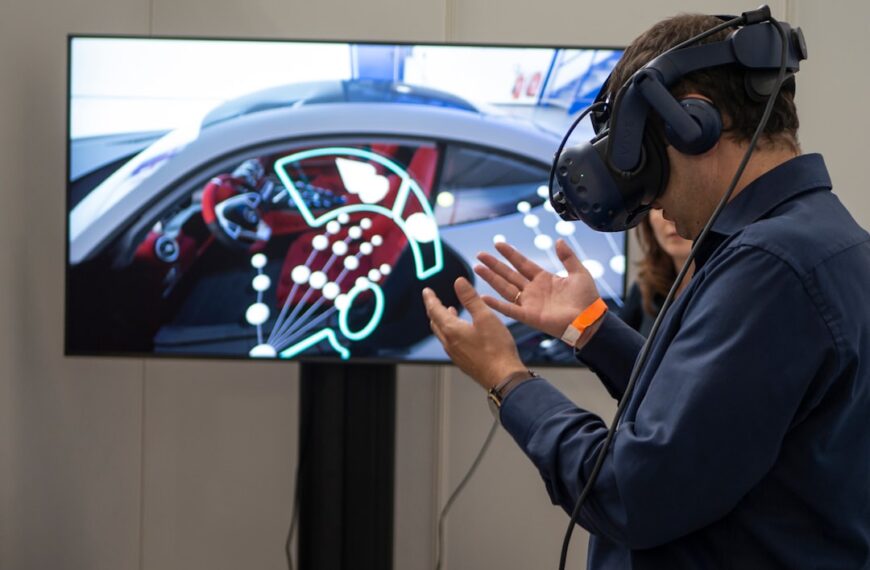Predictive policing, the use of algorithms and data analysis to anticipate and prevent crime, has become increasingly prevalent in law enforcement. While proponents tout its potential to reduce crime rates and improve resource allocation, a growing chorus of critics raises serious ethical concerns. The shadow cast by this technology is long and complex, demanding careful scrutiny.
One of the most pressing ethical dilemmas revolves around bias. The algorithms used in predictive policing are trained on historical crime data, which often reflects existing societal biases related to race, class, and socioeconomic status. This means the algorithms may perpetuate and even amplify these biases, leading to disproportionate policing of marginalized communities. A system designed to predict crime can, in reality, predict who will be targeted by the police, rather than where crime will occur. This can create a self-fulfilling prophecy, reinforcing existing inequalities and undermining trust in law enforcement.
Data privacy is another critical area of concern. Predictive policing relies on vast quantities of data, often collected from various sources, including surveillance cameras, social media, and police databases. The collection and use of this data raise significant privacy concerns, particularly regarding the potential for misuse and the lack of transparency surrounding data handling practices. Citizens may find themselves under constant surveillance, their movements and behaviors scrutinized without their knowledge or consent. The lack of robust oversight mechanisms exacerbates these concerns.
The potential for false positives is also a serious ethical challenge. Predictive policing models, while aiming for accuracy, are not infallible. False positives – identifying individuals as high-risk who are not actually involved in criminal activity – can lead to wrongful arrests, harassment, and the erosion of public trust. The consequences of these errors can be devastating for individuals and communities, especially when coupled with biased algorithms.
Furthermore, the lack of accountability and transparency surrounding the development and deployment of predictive policing systems presents significant ethical problems. Often, the algorithms themselves are proprietary and opaque, making it difficult to understand how they work and identify potential biases. This lack of transparency hinders meaningful public debate and oversight, making it challenging to hold law enforcement accountable for the potential harms caused by these systems.
The future of policing requires a careful balance between technological advancement and ethical considerations. While predictive policing may offer some benefits, its potential for harm necessitates a thorough reassessment of its implementation. We need robust regulatory frameworks, increased transparency, and rigorous independent audits to ensure that these powerful tools are used responsibly and ethically, preventing the perpetuation of bias and safeguarding fundamental rights. Failing to address these ethical quandaries risks creating a society where algorithmic surveillance deepens social inequalities and undermines the very principles of justice it is intended to uphold.












